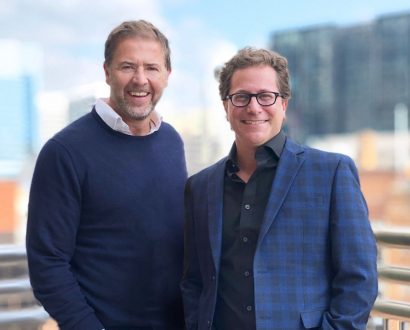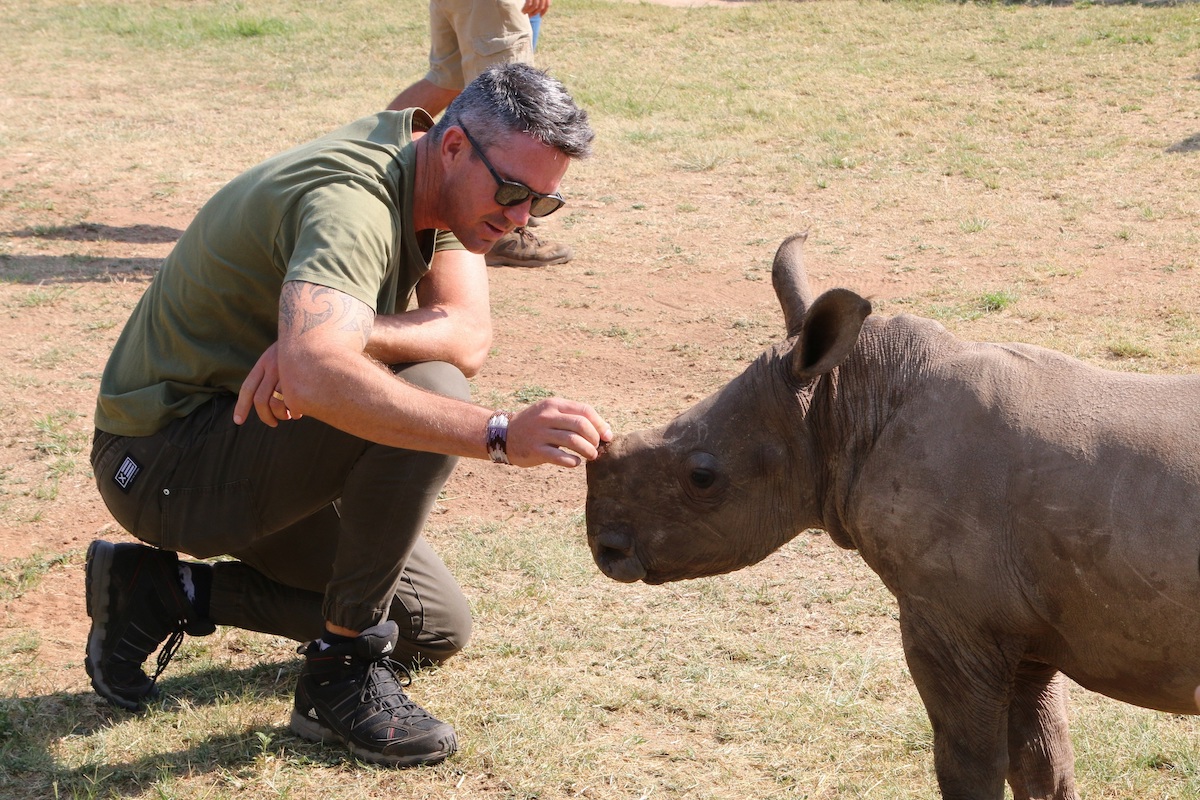Get money-can’t-buy experiences with IfOnly and donate to charity at the same time

The term ‘experience economy’ was coined by authors Joseph Pine and James Gilmore 21 years ago and is essentially the concept of doing something as opposed to owning something.
Australia’s desire for experiences surpasses even that of the US. Australia is one of the wealthiest nations in the world according to Credit Suisse’s Global Wealth Report 2018, with a median wealth per adult of US$191,450, and it has an average household net adjusted disposable income per capita of US$32,759 a year, according to the OECD.
It is this insatiable appetite for experiences that led Big Red Group (BRG) to partner with IfOnly, launching the charity-based premium experiences platform in Australia.
BRG (the parent company of RedBalloon) and IfOnly will offer experiences ranging across genres such as entertainment, music, sport and adventure with local and world-class celebrities and experts. More importantly, up to 80% of the funds raised will go to charity.
Once-in-a-lifetime experiences available to Australians include a global sweepstakes (at A$14) to win things like a rock ‘n’ roll adventure, meeting legendary rock band The Who and Pearl Jam’s Eddie Vedder, with backstage access, at London’s Wembley Stadium; or from A$23,750 per person, you can join English cricketer Kevin Pietersen on a South African Rhino Conservation Experience at Umganu Lodge, or join Australian cricketer Michael Clarke for dinner at the Sydney Cricket Ground for A$3,950 per person.
The CEO Magazine sat down with IfOnly CEO John Boris and Big Red Group CEO and Co-Founder David Anderson to find out more.
IfOnly offers money-can’t-buy experiences. So money can buy happiness?
John Boris: You can definitely buy amazing experiences, so it is about providing people access to those. A remarkable experience could be an expensive once-in-a-lifetime experience like meeting The Rolling Stones, or it could be something just around the corner, like taking a macaron-making class. It’s very personal, it’s what matters to you.
David Anderson: Half the joy of the experience is in the story, and the connection you make with the individual. That’s what I really love about the IfOnly brand. We use the term ‘luminary’, but actually it’s about meeting the carpenter behind the chair. It’s about the story.

Why are we choosing experiences over things?
David: When I take my kids to Disneyland, they don’t talk about the car parking, the soggy burger or the queuing. They talk about the moment on top of the roller-coaster. Increasingly, I think about the world in moments.
John: Experience begets memories. That’s what it’s about. It’s about taking a moment that might be ephemeral and make it last forever.
The term ‘experience economy’ was coined two decades ago. How have we evolved since then and where are we choosing to spend our money now?
John: People’s needs are changing. They want to experience things, expand horizons on a personal level and share more. Having experiences, creating that memory, doing it with your friends, loved ones or colleagues, then sharing it on a broader platform, that is a big driver of it.
What is the impact of millennials on the experience economy?
David: Millennials no longer hanker after their first car or home. The mindset is not about physical things. It’s very ‘I’m much more selfish. I want to experience things for myself.’
John: Millennials are just starting differently. Studies show they’re investing in the things that they want to invest in and renting the things that are less important to them but are staples. One thing that is consistent is the notion of giving back, and that’s multi-generational. IfOnly is a profit and purpose company. Every experience we sell helps raise money, potentially up to 80%, for hundreds of worthy charities across the globe.
How important is FOMO to your business structure?
John: FOMO impacts every component of modern-day life, but the experience economy through IfOnly is not about FOMO, it’s about forging your own path. It’s doing what’s exciting to you, because the experience you love might be completely different to what someone else loves.
Everything you do through IfOnly has a charitable component; how do you ensure your experiences are the very best money can buy?
John: We have a very stringent process of finding luminaries, onboarding them, inducting them into thinking in the IfOnly style and providing that best experience. Then we have a continuous feedback loop. We hear from our customers. We hear from our luminaries. We make modifications all the time to try to get better.
Who has worked best for you in terms of creating demand or awareness?
John: The Rolling Stones are a fantastic example. We did their European tour last year and helped raise almost a million dollars for their charity, Community Links. They came back, and we’re doing their North American tour this year. We can market all day long, and we’ll be equivalent to two tweets from Mick Jagger and Keith Richards. They get behind it and it takes off.
So how do you match people with experiences. Do you have a wishlist?
David: You’re only constrained by your imagination. We have a team that spends the entire time trying to think of possible experiences. We are also increasingly data-led in terms of trying to understand what our consumers are looking for. We are increasingly looking to listen, but John has a long, rich history of what works and what doesn’t work, and we’re actually quite surprised about the alignment of consumer behaviour in the US and Australia.
What are some of the standout experiences you’ve got?
John: We have three buying modalities: a buy-now function, an auction function, and a sweepstakes. Auctions are amazing when there is a singular item that you just want to drive demand. We auctioned off Harrison Ford’s Han Solo leather jacket for US$191,000. We’ve auctioned off Thor’s hammer, stormtrooper helmets. We’ve done amazing culinary experiences with some of the world’s leading chefs for well into the six figures, so that’s on the ultra-high-end side. But it’s a gradient; there’s an experience for everyone and their wallet.